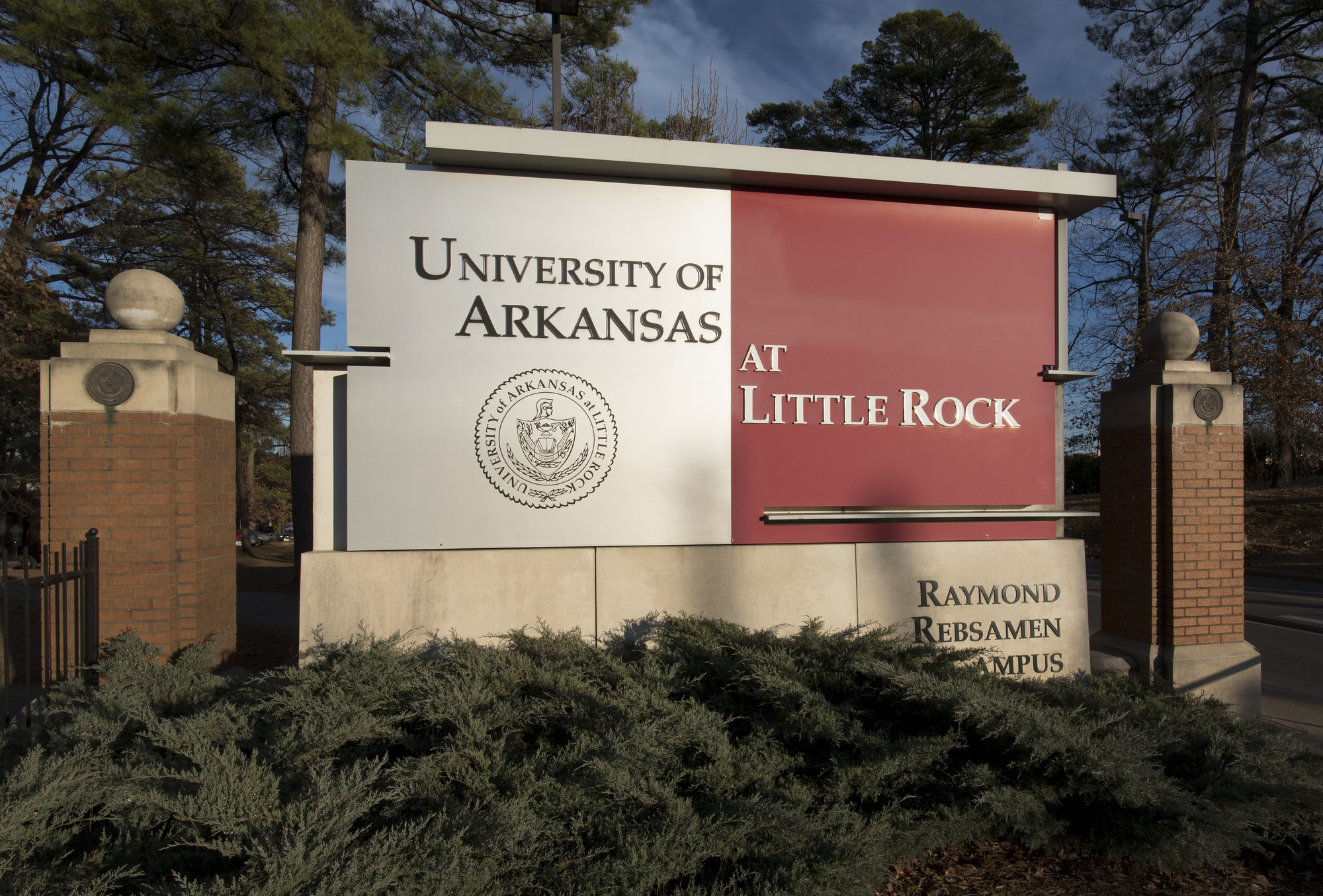Racial Attitudes Conference to focus on race and ethnicity in popular culture
The University of Arkansas at Little Rock will host the 16th annual Racial Attitudes Conference on Wednesday, April 17, to explore attitudes toward race, ethnicity, and popular culture in Little Rock.
The conference will begin at 10:30 a.m. in the Legends Room in the Jack Stephens Center. This year’s survey covers a wide range of themes related to popular culture including social relationships, social media, television news, media representations of race and ethnicity, music, residence, and sport protests.
“The survey reveals the very different ways in which Hispanics, blacks, and whites consume and relate to popular culture, as well as demonstrating some common understandings and similarities,” said Dr. John Kirk, director of the UA Little Rock Anderson Institute on Race and Ethnicity. “Notably, and strikingly, for example, there seems to be a good understanding of and significant support for the NFL ‘take a knee’ protests across racial and ethnic lines.”
In the race, ethnicity, sport, and protest section of the survey, a majority of blacks, Hispanics, and whites believe that the football players’ protests are trying to call attention to racism and unfair police tactics and are not trying to disrespect the military or veterans. A majority of all three groups also think that a professional athlete or team who protests an issue by not standing for the national anthem is demonstrating the freedom the anthem represents.
Some of the other results of the survey include:
- Whites are more likely than blacks and Hispanics to describe the place they live in as mostly upper income or mostly middle income.
- Blacks are the most likely to think the place where they live is worse than other places to live.
- Hispanics are the most likely to use social networking sites like Facebook or Twitter while blacks are the least likely.
- Whites are the least likely to see posts about race or race relations on social networking sites while blacks are the most likely.
- A majority of blacks and whites do not think it is ever acceptable for a white or black person to use the n-word.
- Hispanics are more likely to trust television news to report information fairly than whites and blacks.
- A majority of blacks and half of whites say the way blacks are portrayed in television and movies hurts day-to-day public perceptions about racial and ethnic stereotypes, while a majority of Hispanics say it helps or has no effect.
A panel of community leaders will discuss the results of the survey, including:
- Tanisha Joe-Conway, who has spent over 20 years developing, producing, and coordinating public affairs programming for the Arkansas Educational Television Network.
- Jimmy Cunningham Jr., a grant writer, voiceover artist, author, community program consultant, and executive director of the Delta Rhythm & Bayous Alliance. Cunningham has been involved in programs focused on the social and cultural development of inner city youth and in research regarding African-American history in the Arkansas and Mississippi Delta area.
- Stephen Koch, an Arkansas Delta native and an award-winning journalist. He is the author of “Louis Jordan: Son of Arkansas, Father of R&B” and writer/host of “Arkansongs,” a weekly radio program examining and celebrating Arkansas music and musicians.
- Miguel Lopez, the Hispanic resource officer for First Community Bank. He serves on the boards of Just Communities of Arkansas, Harmony Health Clinic, Museum of Discovery, and Goodwill of Arkansas Education Initiatives.
- Kara Wilkins, a communications and community engagement strategist, with a background in the for-profit and nonprofit sectors. She is the founder and president of K. Wilkins Consulting Group and previously served as the corporate communications specialist at Delta Dental of Arkansas.
The event is free and open to the public. For more information on the Racial Attitudes Survey, contact the Anderson Institute at 501-569-8932 or race-ethnicity@ualr.edu.
